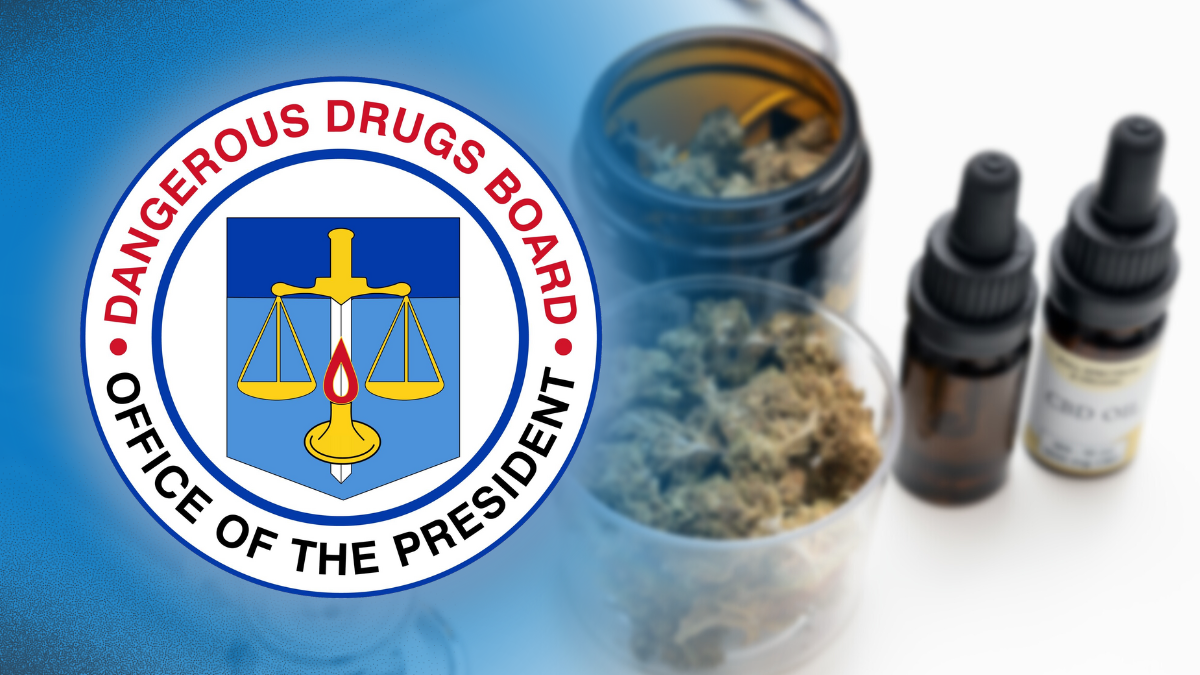MANILA, Philippines – Medical cannabis (marijuana) advocate Chuck Manansala on Monday pointed out that the Dangerous Drugs Board (DDB) had been delaying the rescheduling of the substance in its drugs list.
The petition to reclassify cannabis in its list of dangerous substances was filed with the DDB on December 6, 2022, but the advocate said that the board is yet to act on the plea.
In arguing for the substance’s reclassification, Manansala cited data from the United Nations Commission on Narcotic Drugs (UN-CND) which reclassified cannabis from Schedule 4 to Schedule 1 on December 2, 2020, following a recommendation from the World Health Organization (WHO).
Schedule 4 refers to a category of drugs with no accepted medical use and are likely to be abused which includes Fentanyl, heroin, and other opioids.
According to Manansala, the WHO found that cannabis has shown both positive outcomes and a lack of significant negative effect in treating several medical conditions and their symptoms.
The WHO also determined that a lethal dose of cannabis is highly unlikely, Manansala, who is also the head of research firm Masikhay Research, explained.
This means that the DDB should have followed suit and reclassified cannabis as authorized by Republic Act 9165 or the Dangerous Drugs Act which says that dangerous drugs must be reclassified either when an action is taken by the UN-CND or when a petition is filed by an interested party.
“Not one but both of these grounds for rescheduling exist,” the advocate stressed.
Growing frustration
In his statement, Manansala said that the DDB acknowledged the receipt of the petition during a Senate Committee hearing on December 13, 2022.
He added that he was given a date of July 31, 2023 for a “definitive action” on the petition but the “date came and went without a response, much less an action.”
Manansala noted that he was again snubbed by a DBB representative at the latest Senate hearing on the matter last month.
He said that the board’s delay in acting on the petition is a clear violation of the Anti-Red Tape Act (ARTA) and called on the DBB to respond to the petition as advocates are preparing to elevate the matter to ARTA.
On February 28, a bill that seeks to legalize the medical use of cannabis or marijuana reached the Senate floor.
“The state shall protect and promote the right to health of the people and instill health consciousness among them. Pursuant thereto, the state shall legalize and regulate the medical use of cannabis, which has been confirmed to have beneficial 9and therapeutic uses for known debilitating medical conditions,” the bill reads.
This, however, was met with some resistance from medical doctors and experts who warned that this bill may become a gateway for the use of recreational marijuana.
